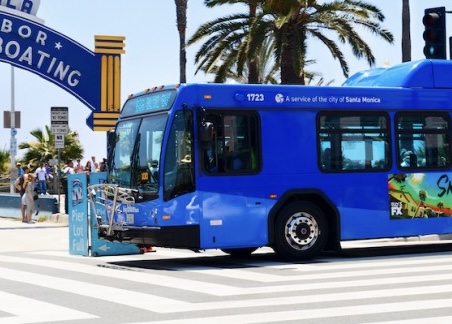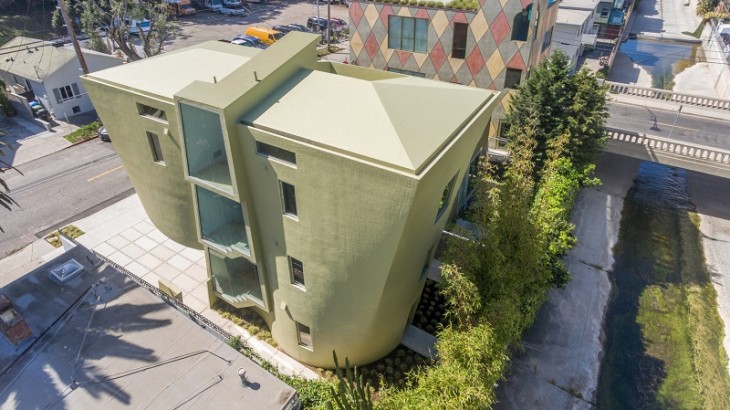A board member of the Santa Monica-Malibu Unified School District (SMMUSD) drafted a resolution on gun control and assault weapons ban that gained favor with the Los Angeles County School Trustees Association (LACSTA).
SMMUSD board member Ben Allen, who also sits on the LACSTA executive board, spearheaded a resolution last week calling for “sensible gun control, a ban on assault weapons, limits on magazines, and spending on mental health screenings and services for children and young adults.”
At the heart of the resolution is protecting schools from gun-related attacks. The resolution specifically cited five high school and college campuses where mass shootings occurred since 1999, including Columbine High School just outside Denver, Colo., Sandy Hook Elementary in Newtown, Conn., Virginia Tech University, and Santa Monica College (SMC).
Also referenced in the resolution: the attempted assassination of Rep. Gabrielle Giffords and murder of a half dozen others at a shopping center near Tucson, Ariz., as well as the shooting inside a movie theater in Aurora, Colo.
“There are more than 30,000 deaths caused by firearms in the United States each year,” the resolution read. “The number of people killed by firearms in the United States is twenty times greater than the sum of firearm-related deaths in the next twenty-two countries of comparable development and Gross Domestic Product combined.”
The resolution also questioned whether certain types of guns and ammunition were “necessary” for recreational or sporting use.
“Semi-automatic and automatic weapons with large ammunition clips are not necessary for sporting or self-protection and enables persons intent on inflicting mass death or injury to cause more mass harm or death than would occur if those weapons were not so widely available,” the resolution stated.
Looking ahead, Allen’s resolution called for mandatory background checks and increased funding for mental health screenings.
“LACSTA … calls upon Congress and California State leadership to enact laws requiring mandatory background checks for the sale and purchase of all firearms and ammunition … (and) to increase funding for mental health screenings of and mental health service support for children, young adults, veterans, and other vulnerable populations,” the resolution stated.
The resolution also encouraged new policies be enacted to “identify and treat mental health issues in children and young adults as a means to combat and prevent gun violence in educational settings.”
Finally, LACSTA hoped the resolution would draw up enough support to “roll back widespread public access to semiautomatic and automatic weaponry and high-capacity magazines” while also calling for “meaningful policies and resolutions that reduce gun violence and promote gun safety.”
While it did not cite specific statistics, the resolution stated mass shootings in public and educational settings have increased since 1999 as the nationwide crime rate decreased.
Congress’s ban on assault weapons, which was enacted in 1994, was allowed to expire in 2004. According to Allen’s resolution, the 1994 ban aimed “to prohibit the distribution of select automatic and semi-automatic weapons” and “those very same types of weapons have been used in murderous gun violence subsequently.”
Federal and state law does not prohibit criminal background checks for the purchase of guns at gun shows or through private transactions, the resolution added.
The LACSTA board unanimously supported the resolution Sept. 30; LACSTA aims to round up additional support of the resolution amongst its membership base and have similar resolutions passed by other boards.

























